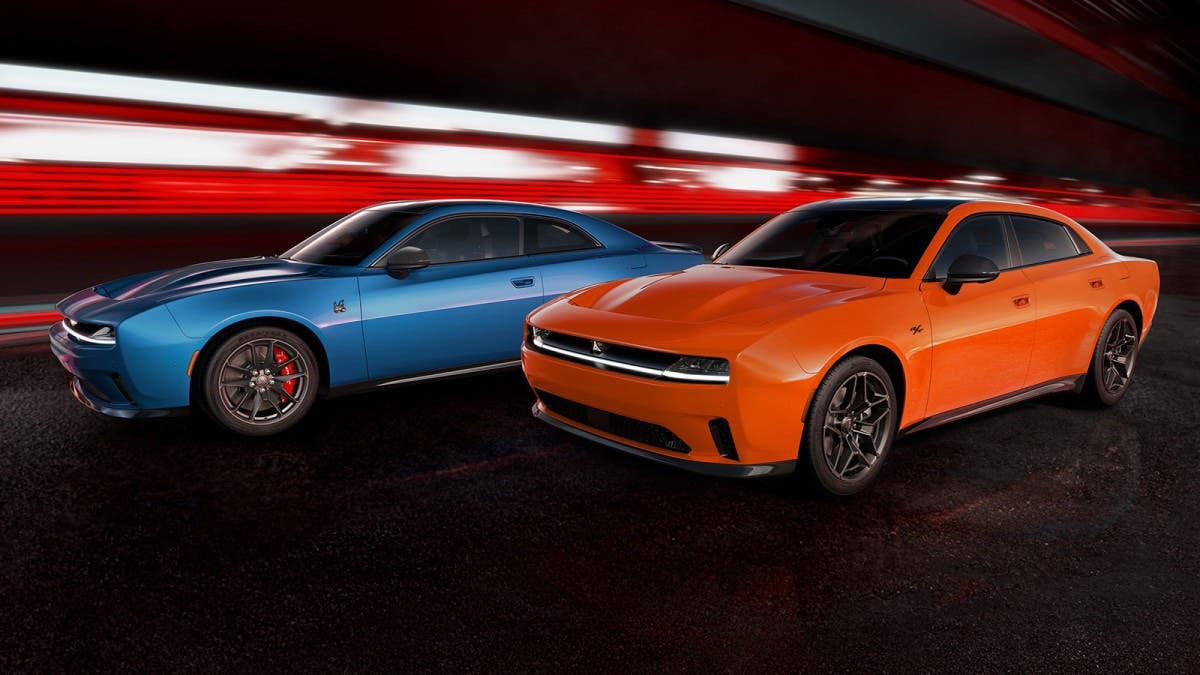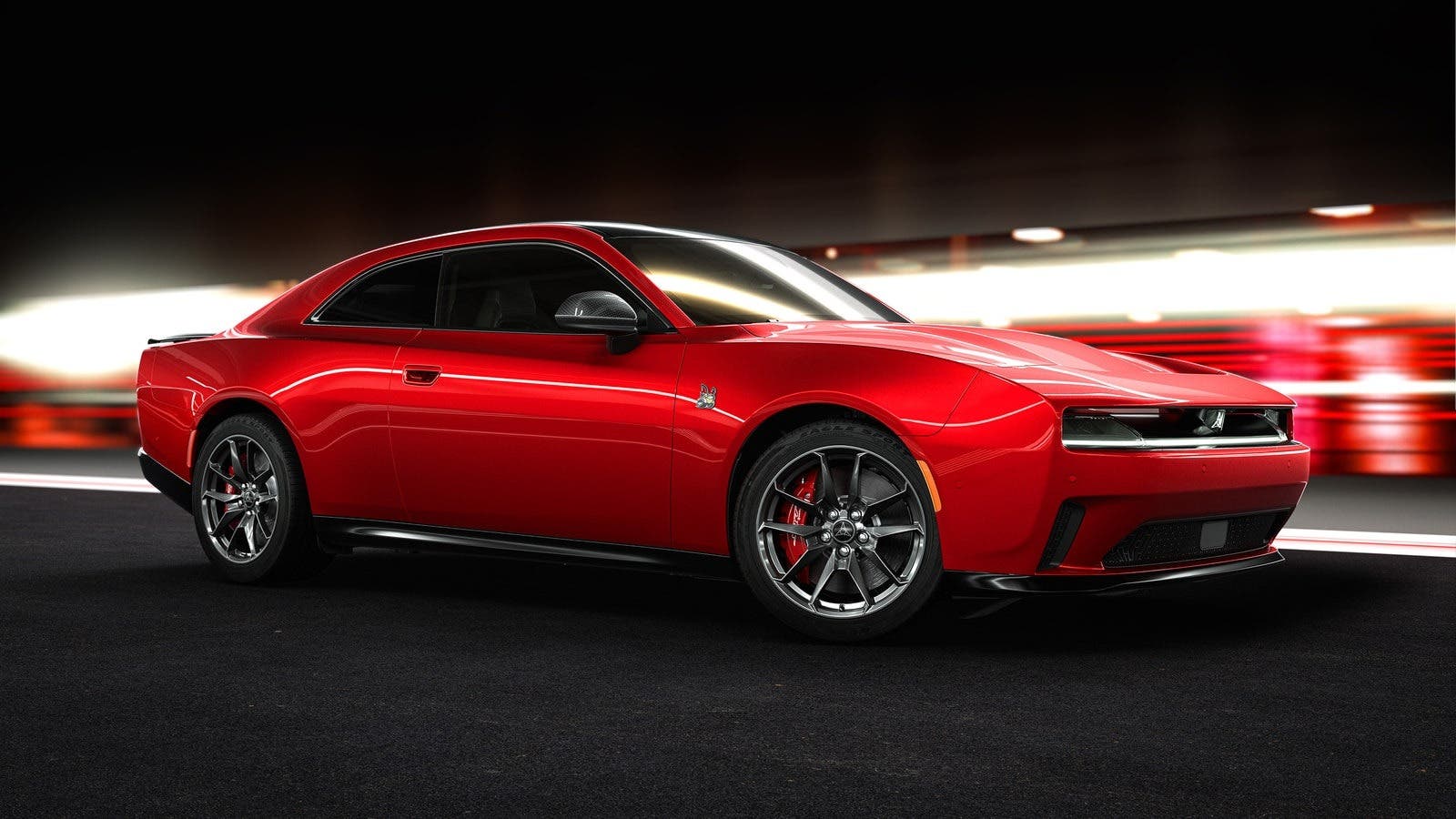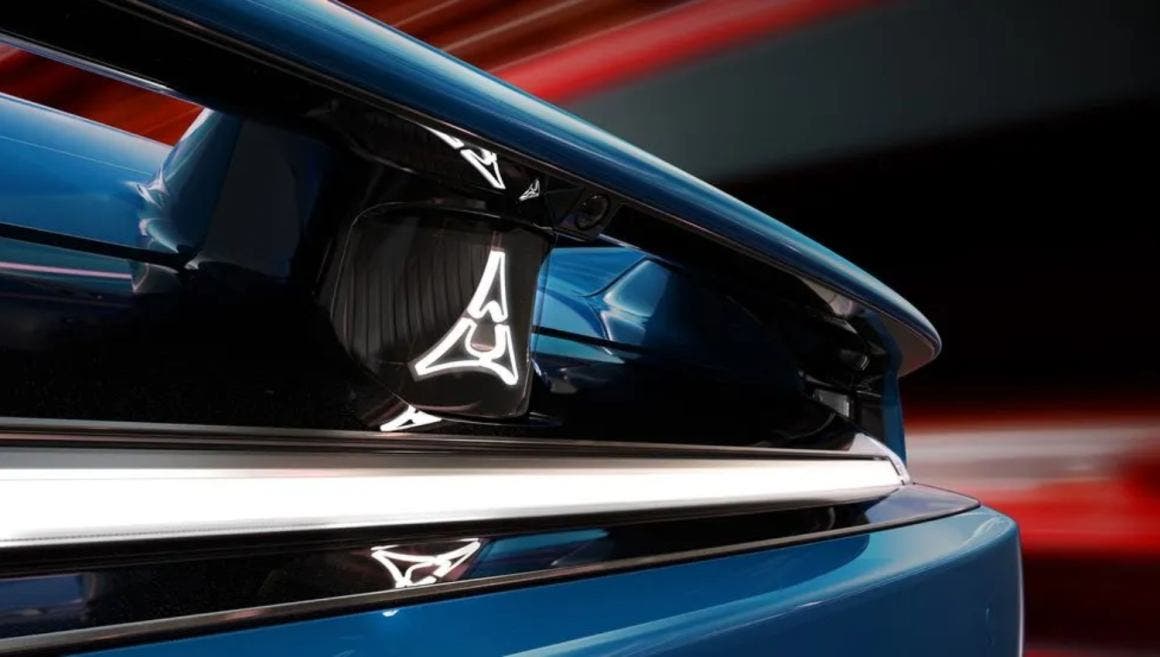The Dodge Charger Daytona, the world’s first electric muscle car, is facing a somewhat problematic start to deliveries. The electric revolution has encompassed the muscle car world as well, with the Dodge Charger Daytona desperately wanting to succeed in bringing together high performance and environmental sustainability. However, the launch of this long-awaited model turned out to be more complicated than expected. The rush to anticipate its arrival on the market, which in turn comes from the need to reduce average emissions in the range and meet customer demands, led to a series of technical and logistical problems.
Time constraint problem for the Daytona’s launch?
Dodge appears to have accelerated the production schedule for the Charger Daytona, the world’s first electric muscle car, well before the vehicle was actually ready for market. The need to add an electric car to its portfolio to reduce average emissions in the range prompted the company to bring forward the debut. However, this choice brought with it several operational and quality difficulties. Pressure came not only from environmental policies, but also from customers who had already pre-ordered the Dodge Charger Daytona. In mid-2024, Stellantis had announced a 90-day delay to fix various technical problems related to electrical systems and software that had surfaced during testing. Despite these planned delays, Dodge began delivering vehicles to dealerships, where many arrived already inoperable or shut down minutes after ignition.

Dealers were faced with all these difficulties between trial and error. Solutions were sought very quickly while frustrated customers waited for the cars to be delivered. According to some sources, hundreds of Charger Daytona cars were parked waiting for remote software updates before they could actually be delivered. To make matters worse, some units that were distributed without essential components, as reported by Butter Da Insider, an expert on the automotive giants.

The lack of Direct Connection upgrade kits
Among the most glaring problems was the non-delivery of Direct Connection upgrade kits, which was promised by the manufacturer as an integral part of the model. These kits for the Charger Daytona, which add power to the engine with a simple calibration, had been one of the distinguishing features presented by Dodge CEO Tim Kuniskis. For example, the Stage 1 kit was supposed to increase the R/T’s output by 40 horsepower. The Scat Pack would have reached 670 horsepower through Stage 2. Currently, however, the nine power levels are not available. In addition, many customers have received vehicles with incomplete or incorrect configurations, a problem that has been reported before.
Accessories such as side mirrors, wheels, and spoilers were delivered in different versions than those that were being ordered by consumers, one of the causes of which could, probably, be supply shortages. With Dodge recently closing orders for the 2024 model year, deliveries of vehicles produced last year have barely begun. The Charger Daytona certainly did not arrive at a debut without difficulties, but surely the American brand will do everything in its power to try to resolve as best it can all the issues that have arisen so far.

